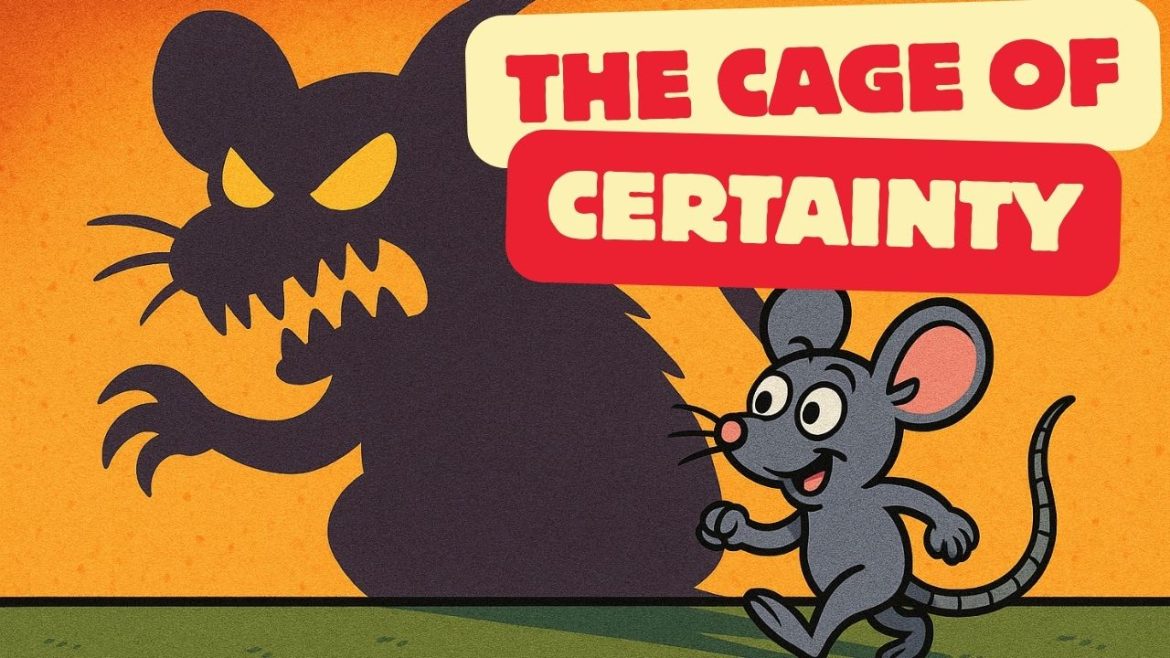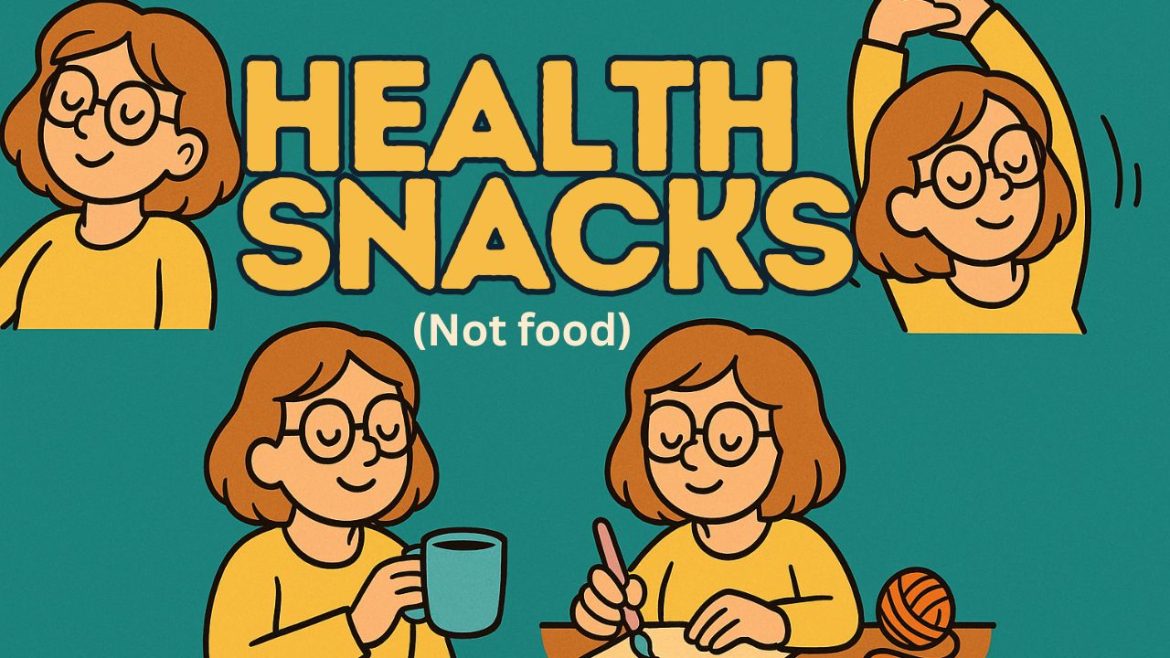In a world obsessed with stability, predictability often feels like the ultimate goal. We seek careers that promise consistent income, relationships that feel secure, and routines that offer control. But what if all this comfort is actually limiting us? What if the very thing we crave—certainty—is the reason we’re stuck?
This reflection, inspired by The Gift of Maybe by Allison Carmen, explores how our addiction to certainty can subtly imprison us, and how embracing the word “maybe” can unlock growth, courage, and unexpected joy.
The Seduction of Safety
It starts subtly. You build a stable life—steady job, cozy routines, reliable people—and think you’ve made it. After all, isn’t this what adulthood is about?
But there’s a hidden cost to comfort. Over time, the very patterns that once brought relief can become rigid rules. You start to reject anything unfamiliar. New opportunities feel like threats. Change, once exciting, now sparks anxiety. Safety, once a goal, becomes a trap.
This transformation is sneaky. One day, you simply wake up and realize you’re saying “no” to life—not out of disinterest, but out of fear. You’ve become so wrapped in bubble wrap that the thought of shaking things up feels unbearable.
The Addiction to Certainty
The podcast’s host shares how, after a chaotic childhood, she constructed a life of extreme predictability. Her job was secure, her routines airtight, and her future predictable. But when presented with a job opportunity—one that aligned perfectly with her skills and lifestyle—she panicked.
Why? Because it threatened the illusion of certainty she had worked so hard to build.
This is the central idea of The Gift of Maybe: that we are addicted to certainty. It’s an illusion we cling to for safety, but in doing so, we limit ourselves. We become fragile, like an antique vase behind glass—too afraid to be touched, moved, or changed.
The Power of Maybe
Enter the word “maybe.” It seems simple, almost weak. But in Carmen’s book, it becomes a powerful gateway. “Maybe” offers a way to let go of the grip of certainty without plunging into chaos. It gives us room to breathe.
“Maybe this job will be a great new chapter.”
“Maybe the disruption is actually a blessing.”
“Maybe I’ll grow in ways I can’t predict.”
This shift in mindset doesn’t ignore fear—it acknowledges it—but it also creates space for curiosity, possibility, and hope. It softens the need for control without demanding total surrender.
When Life Nudges You
Life has a way of nudging us, sometimes gently, sometimes with a shove. In the podcast, the host was jolted out of her comfort zone by the realization that she was deeply resistant to change—even good change. A conversation, a job offer, and a podcast episode about Carmen’s book all converged to force a reckoning.
This moment wasn’t dramatic on the outside, but inside, something cracked open. She recognized that the life she had constructed—so safe and stable—had also become confining.
She wasn’t broken. She was just stuck in a box she had outgrown.
Lessons for Modern Life
The most relatable part of this story is how ordinary it feels. There’s no midlife crisis, no sudden tragedy, just the slow realization that maybe you’ve stopped growing. Maybe you’ve built a life designed to protect you—but it’s also keeping you small.
So what do we do with this realization?
- Recognize your patterns. Notice if you’re making decisions based on fear rather than desire.
- Challenge your assumptions. Ask yourself if certainty is truly serving you—or if it’s just comfortable.
- Start with small risks. You don’t need to upend your life overnight. Say “yes” to something new. Try a new routine. Accept a different kind of challenge.
- Embrace maybe. Let go of the need to know exactly how things will turn out. Replace fear with curiosity.
You Don’t Have to Burn It All Down
Importantly, this is not a call to abandon all stability. It’s not about chaos for chaos’s sake. Rather, it’s an invitation to loosen your grip on control and make room for the unknown.
It’s about living a little larger, loving a little deeper, and trusting that uncertainty doesn’t have to mean danger—it might mean opportunity.
Final Thoughts
We all want safety. But when safety becomes a prison, it’s time to rethink what we’re chasing. The Gift of Maybe teaches that “maybe” isn’t weakness—it’s freedom.
If you’ve ever felt stuck in a perfectly curated life, this message is for you. Growth doesn’t require burning everything down. Sometimes, it just starts with a whisper: “Maybe.”










